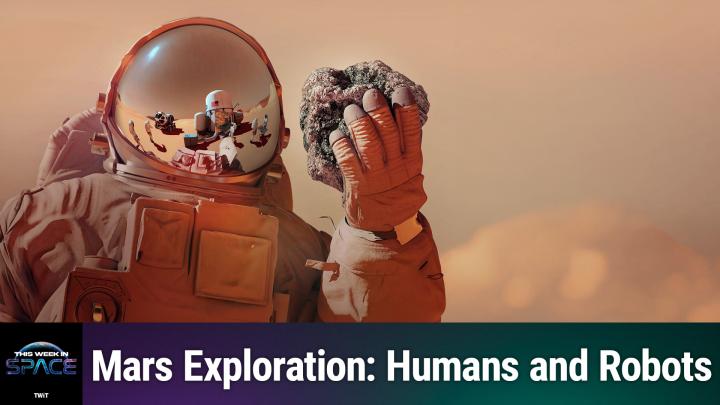Virgin Galactic says it will launch Richard Branson to space on July 11
It will be the company's first fully crewed spaceflight.
Breaking space news, the latest updates on rocket launches, skywatching events and more!
You are now subscribed
Your newsletter sign-up was successful
Want to add more newsletters?
Richard Branson might beat fellow billionaire Jeff Bezos to space.
Branson, who founded the Virgin Group of companies that includes Virgin Galactic, is set to fly to space aboard VSS Unity, Virgin Galactic's suborbital rocket-powered space plane, on its next flight, "Unity 22."
The mission could take off as soon as July 11, depending on weather and other factors, the company announced today (July 1). With this launch window, the flight may happen just before Blue Origin's launch of its New Shepard suborbital vehicle, which is scheduled for July 20. That New Shepard flight will loft Bezos, who runs Blue Origin in addition to Amazon.
"I’ve always been a dreamer. My mum taught me to never give up and to reach for the stars. On July 11, it’s time to turn that dream into a reality aboard the next @VirginGalatic spaceflight," Branson tweeted following today's announcement.
Related: How Virgin Galactic's SpaceShipTwo works (infographic)
I’ve always been a dreamer. My mum taught me to never give up and to reach for the stars. On July 11, it’s time to turn that dream into a reality aboard the next @VirginGalactic spaceflight https://t.co/x0ksfnuEQ3 #Unity22 pic.twitter.com/GWskcMSXyAJuly 1, 2021
The six-passenger, two-pilot VSS Unity, one of Virgin Galactic's SpaceShipTwo vehicles, flies brief missions to suborbital space. This will be the 22nd flight test for VSS Unity (hence the mission's name) as well as the company's fourth crewed spaceflight — and the first ever to carry a full crew of two pilots and four mission specialists, which include Branson, the company announced in the same statement.
"I'll be evaluating the Virgin Galactic founder. I am so proud to have this remarkable crew of mission specialists and pilots by my side as we fly into space," Branson said in the crew announcement video the company put out today. "This July, our dream will become a reality, and we’re really excited to share that moment with you all. And when we return, I will announce something really exciting, something very exciting, to give more people a chance to become astronauts, because space does belong to us all."
Breaking space news, the latest updates on rocket launches, skywatching events and more!
In addition to Branson, the crew will be made up of mission specialists Beth Moses, Virgin Galactic's chief astronaut instructor, who will serve as cabin lead and test director for the mission; Virgin Galactic lead operations engineer Colin Bennett, who will evaluate equipment, procedures and the experience during the mission; and Sirisha Bandla, the vice president of government affairs and research operations at the company, who will evaluate the research experience aboard the mission with an experiment from the University of Florida. The experiment Bandla will test on board will use a number of handheld fixation tubes.
VSS Unity will be piloted by Dave Mackay and Michael Masucci. C.J. Sturckow and Kelly Latimer will pilot VMS Eve, the carrier aircraft that hauls the space plane to an altitude of 50,000 feet (15,000 meters). At that point in the flight, VSS Unity drops and its rocket motor ignites, pushing the craft up to space.
"I truly believe that space belongs to all of us. After more than 16 years of research, engineering, and testing, Virgin Galactic stands at the vanguard of a new commercial space industry, which is set to open space to humankind and change the world for good," Branson said about the flight in the same announcement statement.
"It’s one thing to have a dream of making space more accessible to all; it’s another for an incredible team to collectively turn that dream into reality. As part of a remarkable crew of mission specialists, I’m honored to help validate the journey our future astronauts will undertake and ensure we deliver the unique customer experience people expect from Virgin," he added.
Email Chelsea Gohd at cgohd@space.com or follow her on Twitter @chelsea_gohd. Follow us on Twitter @Spacedotcom and on Facebook.

Chelsea “Foxanne” Gohd joined Space.com in 2018 and is now a Senior Writer, writing about everything from climate change to planetary science and human spaceflight in both articles and on-camera in videos. With a degree in Public Health and biological sciences, Chelsea has written and worked for institutions including the American Museum of Natural History, Scientific American, Discover Magazine Blog, Astronomy Magazine and Live Science. When not writing, editing or filming something space-y, Chelsea "Foxanne" Gohd is writing music and performing as Foxanne, even launching a song to space in 2021 with Inspiration4. You can follow her on Twitter @chelsea_gohd and @foxannemusic.
